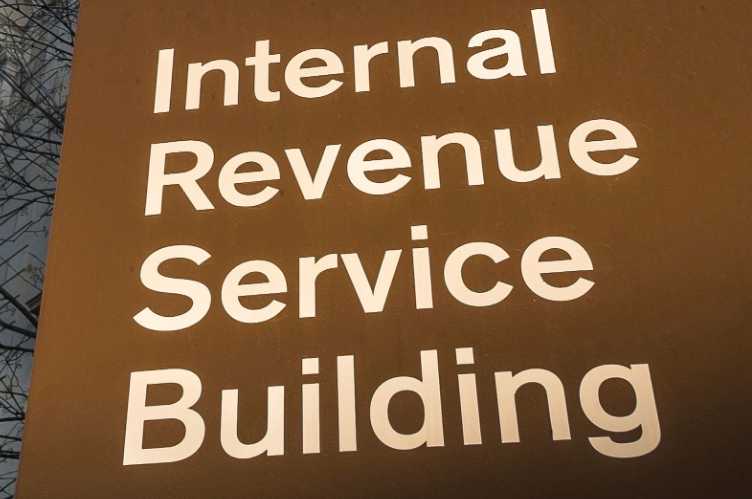 Washington, D.C. – Following the announcement of the Trump Administration’s proposal to let insurance companies sell skimpy short-term plans year-round that skirt Affordable Care Act requirements because they do not have to cover essential health benefits like cancer treatment, substance use treatment, and maternity care and can deny coverage altogether for those with pre-existing conditions, Protect Our Care Campaign Director Brad Woodhouse released the following statement:
Washington, D.C. – Following the announcement of the Trump Administration’s proposal to let insurance companies sell skimpy short-term plans year-round that skirt Affordable Care Act requirements because they do not have to cover essential health benefits like cancer treatment, substance use treatment, and maternity care and can deny coverage altogether for those with pre-existing conditions, Protect Our Care Campaign Director Brad Woodhouse released the following statement:
“These proposed short-term plans would actually be long-term scams. The Trump Administration wants to let insurance companies sell skimpy plans to unwitting Americans and then leave them holding the bill if they get sick or hurt.
“And if you’re among the one in four Americans who has a pre-existing condition, today’s news is especially bad: these skimpy plans will once again allow insurers to discriminate against you based on your medical history.
“In fact, because it’s younger and healthier people who insurers will try to ‘cherry-pick’ with these junk plans, this is yet another Republican action that will increase costs for everyone else. That’s one reason over 60% of American voters hold major concerns about proposals like this one that weaken coverage and consumer protections.
“The Trump Administration and its Republican allies are once again choosing partisan sabotage over the well-being of the American people. Enough is enough: it’s time to end their partisan war on our health care. The Trump Administration should stop hurting people with pre-existing conditions, stop pushing skimpy plans, and stop raising costs up for millions of Americans. They must call off this harmful proposal.”[xyz-ihs snippet=”adsense-body-ad”]Insurers will get strong financial incentive to steer consumers to skimpier ‘short-term’ plans: Some of America’s biggest insurance companies have expressed strong interest in expanding their short-term plan offerings. These same insurance companies are among the biggest players on the ACA-compliant individual market, too. Now, they will have a financial incentive to steer unwitting consumers toward short-term plans that cover fewer services, and thus offer a bigger profit margin.
States have weak short-term plan consumer protections: Recent Commonwealth Foundation research finds that oversight of the short-term market at the state level is limited, and protections for people with preexisting conditions are largely nonexistent. Regulators noted an increase in complaints about brokers using deceptive practices to enroll people in short-term plans over the phone.
Differences and similarities between ‘short-term’ and association plans: Short-term plans would be purchased by individuals directly from insurance companies; association health plans would be purchased through associations. Each type of plan would be exempt from Affordable Care Act essential benefit requirements. Experts expect that each type of plan would encourage insurers to “cherry-pick,” siphoning healthier people from the ACA-compliant individual market and thereby weakening that market’s risk pool, driving up prices for those seeking comprehensive coverage. With both proposals in effect, that effect could be magnified.







